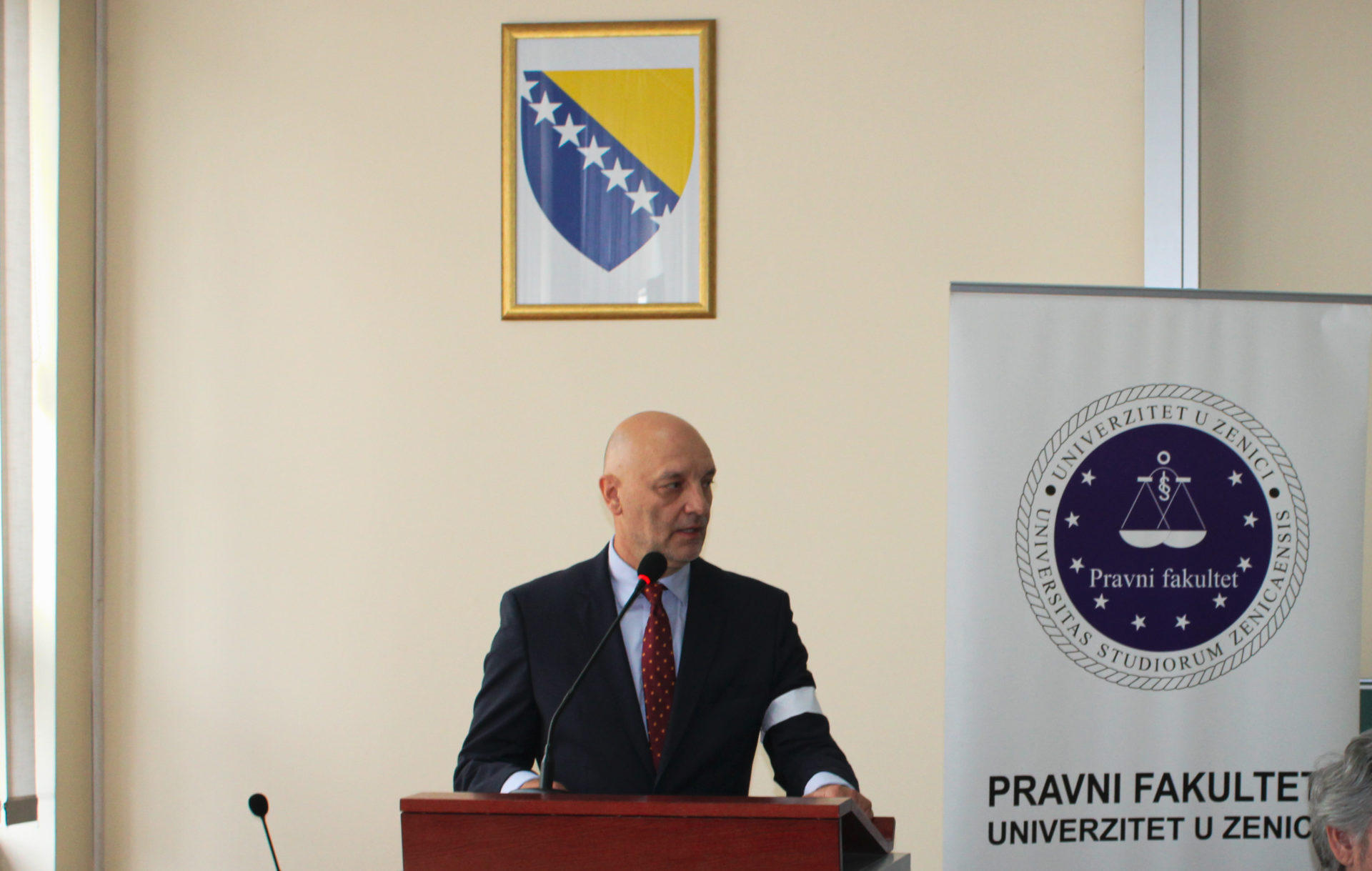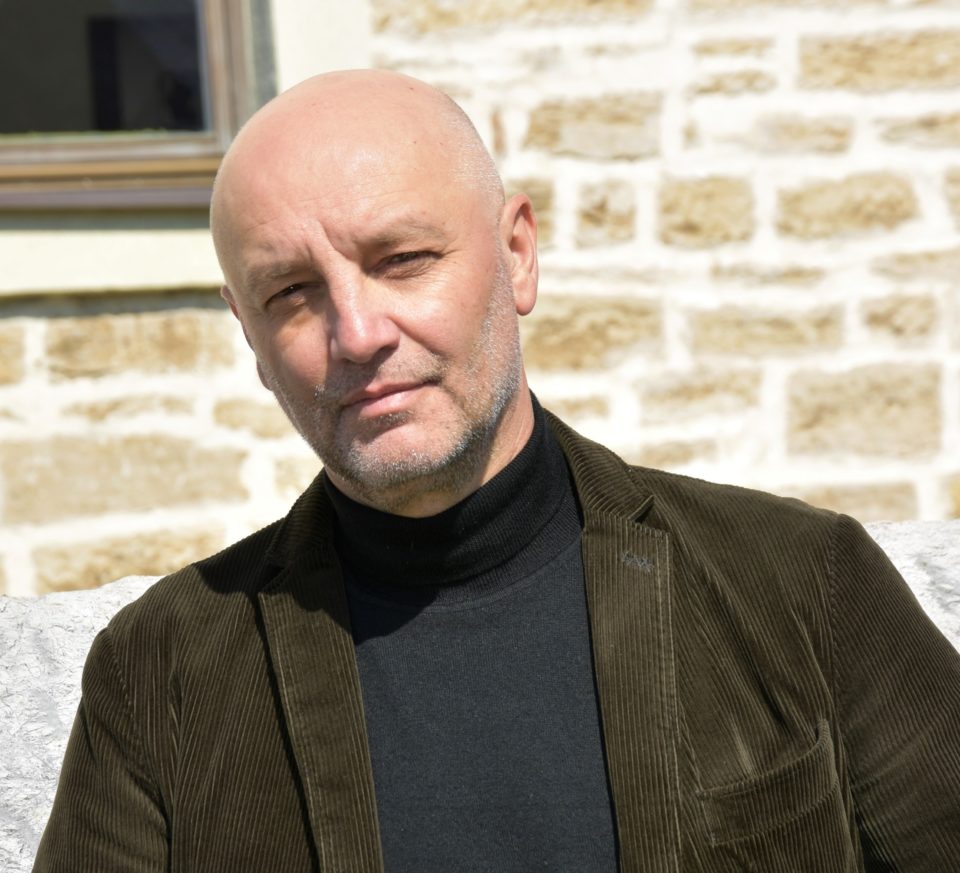
Life can become entangled with distressing events, the consequences of which can be so overwhelming that they surpass a person’s capacity to cope with them. This is the fundamental basis for the development of Post-Traumatic Stress Disorder (PTSD).
Dr. Naser Balić, a licensed attorney, psychologist, and psychotherapist, is actively engaged in the treatment of PTSD and providing expert assistance to survivors of war.
Naser Balić was born in Kozarac near Prijedor. In the early 1990s, he moved to Germany where he continued his education, earning a master’s and doctoral degree at the University of Cologne. He later went on to establish a counseling practice in Wuppertal, where he primarily worked with clients online. Balić considers the term ‘Post-Traumatic Stress Disorder’ inadequate and prefers to use the term ‘Post-Traumatic Stress Syndrome,’ emphasizing that the label ‘disorder’ diminishes the experiences of trauma survivors, particularly those who have endured severe wartime traumas.
“We talk about Post-Traumatic Stress Syndrome when the psychological consequences of trauma do not naturally heal on their own within a certain time period. At the core of PTSD is the traumatic experience, that is, trauma as a normal human reaction to abnormal situations,” said Balić.
Balić identifies flashbacks as the most common symptom of classic PTSD. These episodes are characterized by the vivid remembrance and reliving of traumatic events. Because these recollections are extremely unpleasant, people often try to avoid anything that may trigger memories of their past trauma.
“A traumatized person isn’t able to relax, calm down, pursue their goals, or experience joy,” Balić emphasizes.
In addition to the classic form of PTSD, there is a more severe variant known as Complex Post-Traumatic Stress Disorder, which, as Balić explains, is diagnosed in cases of particularly severe traumatization. These cases result from experiencing extreme threats to one’s life and well-being, where escape from the situation is very difficult or impossible. Such circumstances can include genocide, torture, prolonged physical or sexual abuse, and similar experiences.
“This more severe form of PTSD results in difficulties in regulating and controlling emotions and reactions, persistent negative beliefs about oneself and others, a lasting sense of worthlessness, guilt, or complicity, as well as a permanent inability to establish connections and closeness with other people,” Balić adds.
Despite the fact that most people have heard of PTSD, public discussions and awareness of the condition in Bosnia and the region are relatively recent. This has resulted in a situation where many people are not aware of its symptoms and thus may not even realize that they are suffering from PTSD.

“All those suffering from PTSD experience its symptoms. However, there is often a lack of awareness that it is PTSD. A large number of victims of severe trauma, especially war-related trauma, have sought help and turned to doctors, but there are also many who have not, and who bear the heavy burden of their past on their own. It’s necessary to explain to trauma victims that they are not ‘crazy,’ that what’s happening to them is a normal reaction to abnormal circumstances,” said Balić.
The effects of PTSD aren’t limited to those afflicted, but rather they extend to their entire families and broader social environment. For the children of a parent suffering from PTSD, the impacts can be particularly acute. Balić explains that the traumatization of children under these circumstances can occur in two ways: “On one hand, children can be traumatized through the ‘transfer’ of their parent’s emotions. Parental fear and panic can be passed on to children, especially in early childhood, even if the children don’t fully understand what’s happening. On the other hand, the inability of parents to control their emotions and behavior, particularly anger and rage, along with their emotional unavailability as a result of being ‘trapped’ in trauma, can be one of the causes of children’s traumatization.”
A substantial number of people suffering from PTSD is one of the consequences of the international armed conflict in Bosnia and Herzegovina. Balić identifies intensity as a fundamental difference between PTSD caused by other factors and that caused by armed conflict. He describes the latter as a more severe form of PTSD, reflecting a disturbance at the core of the affected individuals’ psyche. One of the most common forms of assistance for individuals suffering from severe PTSD is medication. However, Balić points out that this approach alleviates PTSD symptoms but does not lead to a cure.
“Healing from PTSD symptoms through medication alone isn’t possible. Often, psychotherapy is needed in addition to medication. Modern trauma treatment methods, with EMDR [Eye Movement Desensitization and Reprocessing] standing out, have the capability to heal those affected. Statistical research shows that trauma treatment using the EMDR method is successful in 80% of cases. This means that these people are permanently relieved of the emotional burden and consequences of traumatizing events,” Balić explains.
He notes that victims of severe and traumatic wartime experiences expend a significant amount of energy in suppressing unpleasant memories from the past. These recollections can be extremely painful, to the point of endangering the individual’s physical health and even their life.
“If a traumatized person doesn’t want to talk about their past experiences, they have a reason for it. Their decision should be respected,” said Balić.
One of Balić’s goals is to motivate those who may have become resigned and believe that insomnia, depression, panic attacks, and fear are simply their fate. He emphasizes the importance of seeking help and not giving up until the right treatment and therapy are found. He also stresses that it’s never too late to start living a happy life.






